- Engineer
- Fiduciary
- Technicians
- Information technology (IT)
- Medicine and pharmaceutical
SWISS SKILLS SHORTAGE INDEX Q4 2017 – Q3 2018
RANKINGS
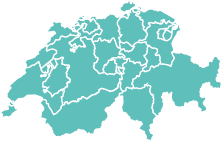
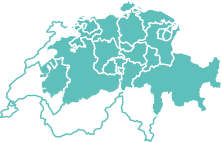
- Fiduciary
- Technicians
- Engineer
- Medicine and pharmaceutical
- Information technology (IT)
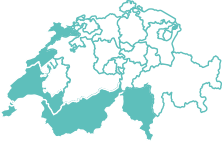
- Technicians
- Fiduciary
- Medicine and pharmaceutical
- Engineer
- Information technology (IT)
There is an acute skills shortage in engineering, technician and IT professions across Switzerland. Specialists are also scarce in the fiduciary sector. “Companies are currently struggling to find enough qualified staff in these professions,” Nicole Burth, CEO of The Adecco Group Switzerland, explained.
In contrast, the hospitality and personal services sectors have significantly more job seekers than advertised vacancies. There is a sizeable surplus of specialists in these sectors, which is affecting a large number of workers. “As a result of the comparatively high rate of staff fluctuations in these professions, this then leads to increased competition between specialists,” added Helen Buchs from the Swiss Job Market Monitor.
Severe skills shortage in engineering, technician and IT professions
Engineering and natural sciences occupational groups (e.g. mechanical engineers, civil engineers) along with IT (e.g. programmers) are displaying a growing lack of specialists, as shown over the course of time in the Skills Shortage Index.
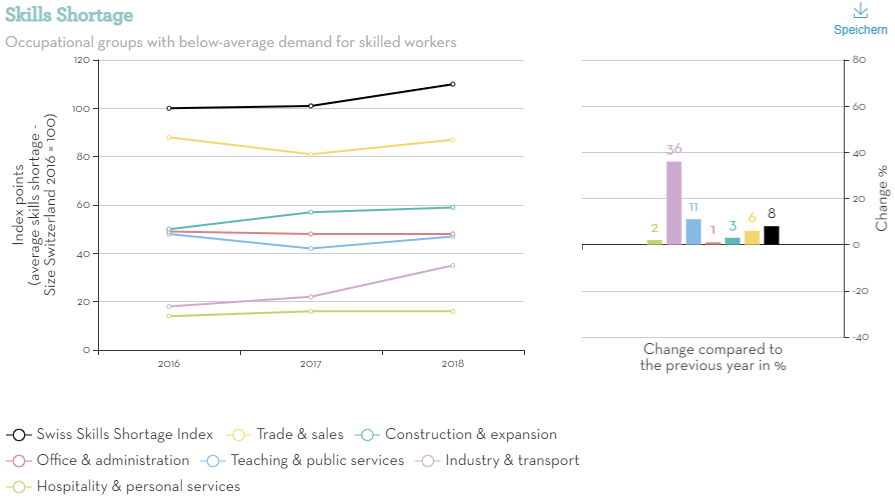
In comparison to the previous year, the Skills Shortage Index in 2018 rose 9% for engineering and natural sciences professions and 8% for IT professions. Accordingly, engineering, technician and IT professions took three of the top five spots in the Specialist Ranking 2018, with engineering professions in first place. In these professions, companies all across Switzerland will most likely experience difficulties finding sufficient specialists to fill the available positions. “In the short term, companies could offer the most attractive hiring conditions possible, such as higher salaries, to successfully recruit staff. If they are still unable to fill positions, however, they will be forced to look for qualified specialists abroad. In the long term, companies would do well to invest more in the training and further education of their current and potential future employees,” stated Helen Buchs from the Swiss Job Market Monitor from the University of Zurich.
Professions in the finance and fiduciary sectors (e.g. auditors, tax consultants) are also experiencing a significant lack of skilled staff Switzerland-wide, although the shortage has remained static compared to the previous year. This shortage is due to the high demand for specialists in the fiduciary sector, as demonstrated by the professions’ ranking. Professions in the fiduciary sector are in second place in the Swiss Skills Shortage Ranking 2018. Companies could find it difficult to fill job vacancies in the fiduciary sector. “As an auditor or accountant, it is extremely important to be familiar with international law and financial reporting, among other things, making it essential for companies to be able to rely on foreign specialists,” explained Nicole Burth, CEO of The Adecco Group Switzerland.
The Swiss Skills Shortage Index 2018 for healthcare professions (e.g. doctors, pharmacists) was also higher than average, continuing the trend of the past two years, with the skills shortage neither increasing nor decreasing over this time. As the Skills Shortage Ranking shows, this lack is linked above all to human medicine and pharmacy professions. “We are seeing a tendency that highly qualified professions in the healthcare sector in particular are in high demand, whereas homecare and nursing aid skilled workers are easier to find. Doctors are in short supply across Switzerland, and in German-speaking Switzerland there is a particular lack of qualified staff, such as midwives and nurses. When it comes to therapists, we are currently seeing that demand depends to a great extent on the type of profession. For example, physiotherapists are in very high demand in French-speaking Switzerland above all and are extremely scarce. In German-speaking Switzerland, it is easier for us to recruit physiotherapists. We assume that in this case personal networks are being used extensively,” explained Corinne Scheiber, Head of Adecco Medical Switzerland.
Specialist surplus in hospitality and personal services professions
There is a large, Switzerland-wide surplus of skilled employees particularly in hospitality and personal services professions, but it also applies to the construction sector.
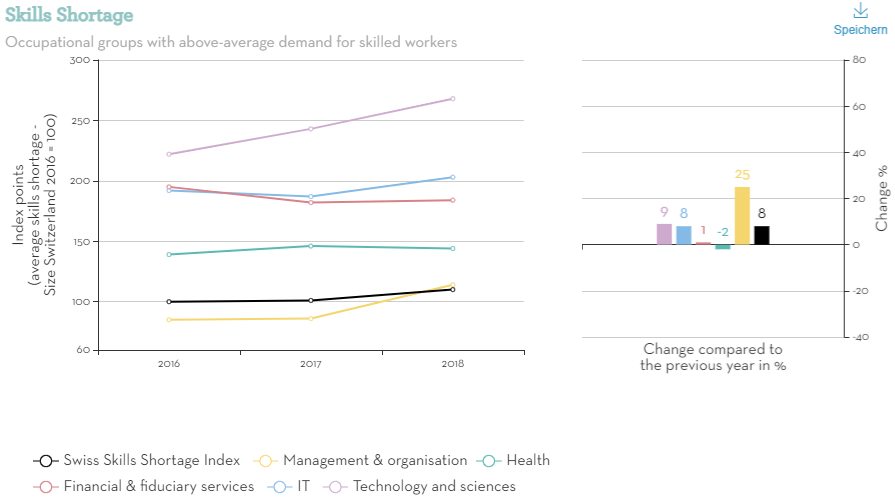
There are more job seekers than job advertisements in these occupations, resulting in a potentially large number of affected individuals. Accordingly, occupations in the areas of cleaning, sanitation and personal hygiene, hospitality and housekeeping, as well as construction are among the five to bring up the rear in the Skills Shortage Ranking. There are particularly high numbers of job seekers for each vacancy posted in these professions. Due to the large surplus of workers, it can be assumed that many job seekers will need to retrain or even choose a completely new profession. Companies, on the other hand, have the luxury of being choosy when selecting their employees. Since unemployment in many of these professions is higher than 8%, they have been subject to the job registration requirement since 1 July 2018.
In industry and transport occupations (e.g. drivers, watchmakers), the specialist surplus has decreased somewhat since 2016, as the 36% increase in the index shows. However, there are still few vacancies available in this area for each job seeker. The professions’ ranking demonstrates that in textile processing, printing and warehousing professions a strong surplus of skilled workers still exists. Employment in these professions is threatened by automation and the outsourcing of production to countries with more affordable conditions. There is also a surplus of specialists in the traffic and transport sector, which comparatively speaking could affect many workers if they want to or have to look for a new position.
In office and management professions (e.g. HR specialists, sales clerks) as well as teaching and public services (e.g. teachers, social workers), the number of job seekers is also significantly higher than the vacancies available. Whereas the index for office and management occupations remains stable, the specialist surplus in teaching and public services professions decreased slightly compared to the previous year, as the 11% increase in the index reveals. Sales and administrative professions first and foremost are affected by a statistically large surplus, as interpreted by the Skills Shortage Ranking. It can therefore be assumed that particularly those professional activities with lower qualification criteria have fallen victim to digitalisation. Further training for professionals in the office and management sectors would therefore be particularly valuable.
“It is striking that many professions with lower educational requirements are experiencing a significant surplus of job seekers compared to the number of vacancies advertised. In such cases, training and further education should pay off,” stated Helen Buchs.